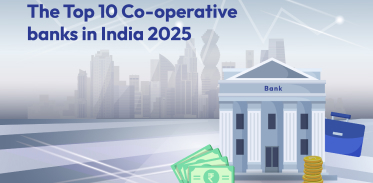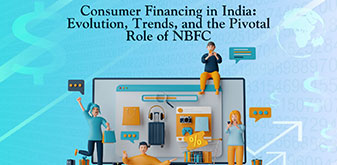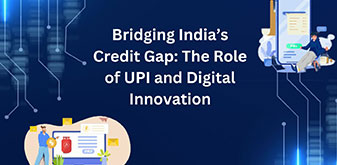South Africa's Banking Industry to Digitally Transform, Innovate and Succeed
Updated On : August 2020
The South African banking sector is increasingly moving towards digital transformation. The new digital players are driving unprecedented levels of innovation and challenging the status quo. On the other side, the four universal banks of South Africa (Absa, FirstRand, Nedbank, and Standard Bank) are in the process of large-scale transformation programmes for improving the customer experience and digital transformation to automate the business processes.
As per a report published by PWC, it highlighted 3 major trends that will shape the local banking sector. Following are the trends
- The digital solutions with lower-cost models will be launched by adjacent financial players
- Non-financial service institutions that will be sector and industry-specific will be launched
- Transformation of four universal banks (Absa, FirstRand, Nedbank, and Standard Bank) to address the changing regulatory, customer and technology needs
The South African Reserve Bank (SARB) is encouraging the new digital players to come up with digital and innovative banking solutions. In 2018, SARD worked with the national banking community to assess the application of distributed ledger technology (DLT) and payments modernization via real-time gross settlements (RTGS) renewal project. Also, SRDB made some encouraging remarks regarding the creation of a "Regulatory Sandbox" which was designed for testing new business models and solutions in a controlled regulatory environment.
Here are some of the suggestions for the digital entrants who wish to succeed in South African markets
- Properly do customer segmentation and differentiation
- Quickly launch the MVP (Minimum Viable Product) and test customer adaption of new feature or solution
- Capture and analyse the customer data and enable a broader platform play
- Creatively build hype around the product and reduce marketing costs

The mobile banking users in South Africa will reach 2 billion by 2020. Most of the banks and financial institutions are implementing mobile banking solution with features like payments, loan applications, credit checks and spend tracking.
With the use of digital banking software's, the redundant and repetitive tasks in future will be eliminated. The jobs will move from repetition to more strategic roles that require employees to critically think or show some creative engagement of the employees and because of automation employees will have to upskill to fit new roles.
Blockchain technology will help in different banking activities like digital payments, loan processing, security-wise for protecting valuable information.
By using advanced software and algorithms the Artificial Intelligence (AI) bots will be able to calculate interest rates, credit scores, etc. Banks and financial institutions will get better insights which will help them to make better decisions.
Key advantages of going digital
- Elimination of fraud in trading platforms
- Helps financial institution to Know your customer (KYC)
- Faster and optimized processes
- Enhanced Security
- Increased Efficiency
To remain competitive and provide the best customer experience banks and financial institutions are automating their processes by adopting innovative digital banking solutions. Some of the digital banking solutions are mobile banking, internet banking, lending management solutions, check truncation systems and doorstep banking.
Agile new entrants having a different business model focused on the monetisation of customer insights will be competing with the universal banks strengthened by innovation strategies. The future of banking in South Africa is very exciting and dynamic. The one who is faster in adopting this digital change will benefit and will be able to capture the share of the future banking market.
Leave Comments :
Latest Blog
-
 The Top 10 Co-operative banks in India 2025 Updated
On : March 2025
The Top 10 Co-operative banks in India 2025 Updated
On : March 2025
-
 The Top 10 Microfinance Companies in India 2025 Updated
On : January 2025
The Top 10 Microfinance Companies in India 2025 Updated
On : January 2025
-
 Consumer Financing in India: Evolution, Trends, and the Pivotal Role of NBFCs Updated
On : February 2025
Consumer Financing in India: Evolution, Trends, and the Pivotal Role of NBFCs Updated
On : February 2025
-
 Bridging India’s Credit Gap: The Role of UPI and Digital Innovation Updated
On : February 2025
Bridging India’s Credit Gap: The Role of UPI and Digital Innovation Updated
On : February 2025



Comments :
whatsapp +2348136482342
Elimination of fraud in trading platforms
Helps financial institution to Know your customer (KYC)
Faster and optimized processes
Enhanced Security
Increased Efficiency